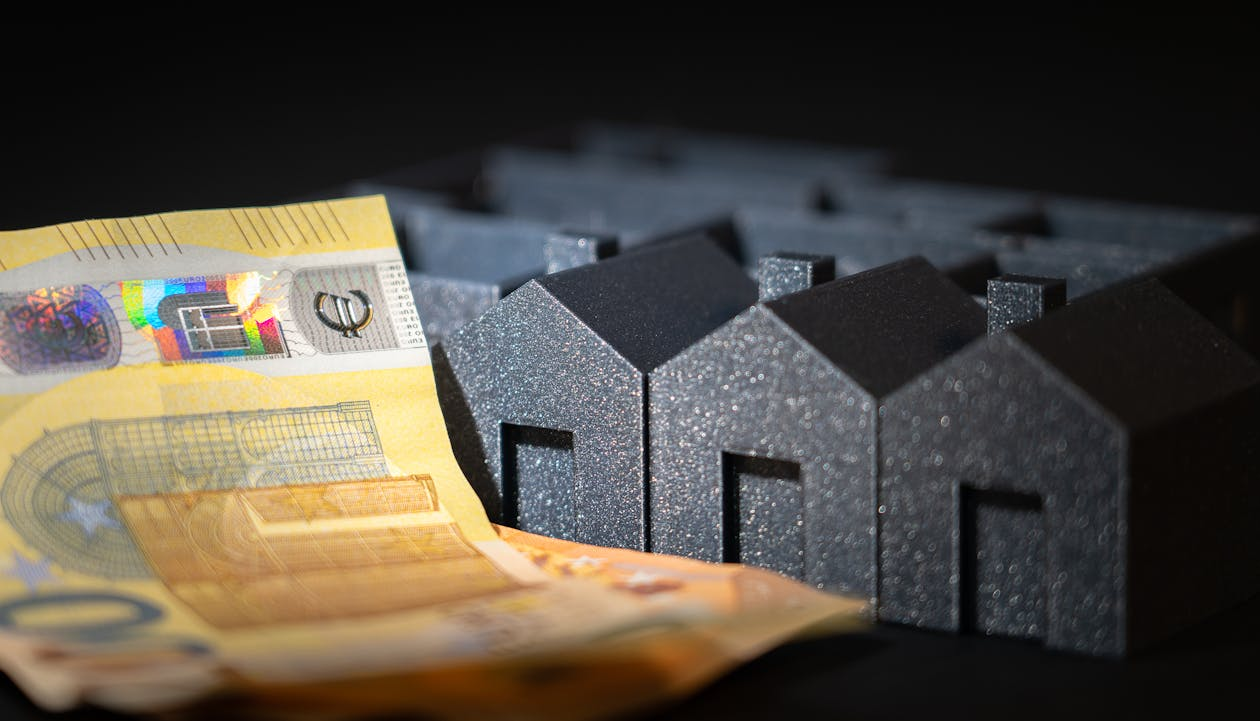When searching for property in Portugal, one of the most important factors to consider is whether the real estate agency you’re working with holds a valid AMI license. This license isn’t just a formality—it’s a legal requirement that ensures the agency is authorized to operate and is compliant with the professional standards set by the Portuguese authorities.
At Portugal Investment Properties, we understand the significance of transparency, trust, and professionalism in real estate transactions. That’s why we proudly operate with a fully valid AMI License Portugal, giving our clients the peace of mind they deserve when navigating the Portuguese property market.In this article, we’ll explain what an AMI license is, why it’s essential, how to verify one, and what it means when working with licensed Portuguese property agents.
What Is an AMI License in Portugal?
The AMI license in Portugal is a certification issued by IMPIC (Instituto dos Mercados Públicos, do Imobiliário e da Construção), the national body that regulates real estate and construction markets. Every real estate agency operating in Portugal is legally required to have this license, which is officially known as an “Licença de Atividade de Mediação Imobiliária.”The AMI license confirms that an agency has fulfilled all legal, financial, and ethical requirements to operate in the property sector.

This includes proving qualifications, professional liability insurance, and proper business registration. Agencies must undergo AMI number registration and are assigned a unique identification number that clients can verify.In short, this license acts as a quality control mechanism that protects both buyers and sellers by ensuring they are dealing with legitimate professionals.
Why the Real Estate License Portugal Is Important
When you’re investing in a foreign market, especially in real estate, having confidence in your agency is crucial. A valid real estate license Portugal ensures that the agency you choose is accountable and operates under clear legal regulations. It’s a safeguard against fraud, misinformation, or inexperienced intermediaries. Unfortunately, not every individual or company claiming to be a real estate agent in Portugal operates within the legal framework.
That’s why confirming that your agent holds an AMI license is one of the first steps you should take when beginning your property search. The license helps ensure that your rights as a buyer or investor are protected. Licensed agencies are subject to audits and oversight, and they must adhere to strict codes of conduct when presenting properties, handling offers, and managing documentation.
How to Verify AMI Number Registration
One of the most useful features of the AMI licensing system is that it is fully transparent and publicly searchable. If you are working with an agency or individual claiming to be licensed, you can verify their AMI number registration directly through the IMPIC website.To check, simply:
- Visit the IMPIC website
- Navigate to the list of licensed agencies
- Enter the agency name or AMI number
This search will show the agency’s legal registration status, address, and the name of the licensed representative. It’s a quick and easy way to confirm that you're working with a legitimate business.
At Portugal Investment Properties, our AMI license number is always available upon request, and it’s listed on all of our official documents, contracts, and marketing materials. Transparency is a key part of how we operate.
What It Means to Work with Licensed Portuguese Property Agents
When you choose to work with Portuguese property agents who are AMI licensed, you are choosing professionalism, reliability, and peace of mind. Licensed agents are trained to understand Portugal’s property laws, transaction processes, and contract standards. They are equipped to guide you through legal documentation, negotiations, and due diligence. In addition, licensed agencies often have access to broader networks of property listings, including exclusive opportunities not publicly advertised.
They also collaborate with trusted lawyers, notaries, and financial advisors to support you throughout the buying or selling journey. An AMI license doesn’t just mean legal compliance—it signals a commitment to ethical practices, client service, and accurate representation of properties. In a fast-moving market like Portugal, these qualities can make all the difference in securing the right deal.
How Portugal Investment Properties Supports You
As a fully licensed agency, Portugal Investment Properties holds a valid AMI license and operates with integrity in every client relationship. Our team is made up of experienced real estate professionals who specialize in assisting international buyers, investors, and relocating families. We believe in educating our clients at every stage of the process, from understanding legal terms to ensuring compliance with local regulations.
By working with an AMI-licensed agency like ours, you eliminate the guesswork and risk often associated with overseas property transactions. We also support you beyond the sale—offering guidance on taxes, renovation resources, rental management, and property registration. Our AMI certification is just one aspect of the comprehensive service we provide to help make your property journey in Portugal a successful one.
Final Thoughts
Whether you’re buying a coastal villa, investing in a city apartment, or relocating to the countryside, working with an AMI-licensed agency should be a non-negotiable part of your decision-making process. A valid real estate license Portugal not only ensures legal compliance but also signifies professionalism and trust. Before making any property commitments, take a moment to confirm the AMI number registration of the agency you’re working with.
This simple step can protect your investment and give you the confidence to move forward in one of Europe’s most promising real estate markets. At Portugal Investment Properties, we’re proud to be among the Portuguese property agents who operate with full AMI licensing and a dedication to excellence. Contact us today to learn more about our services and explore our latest listings with confidence and clarity.












